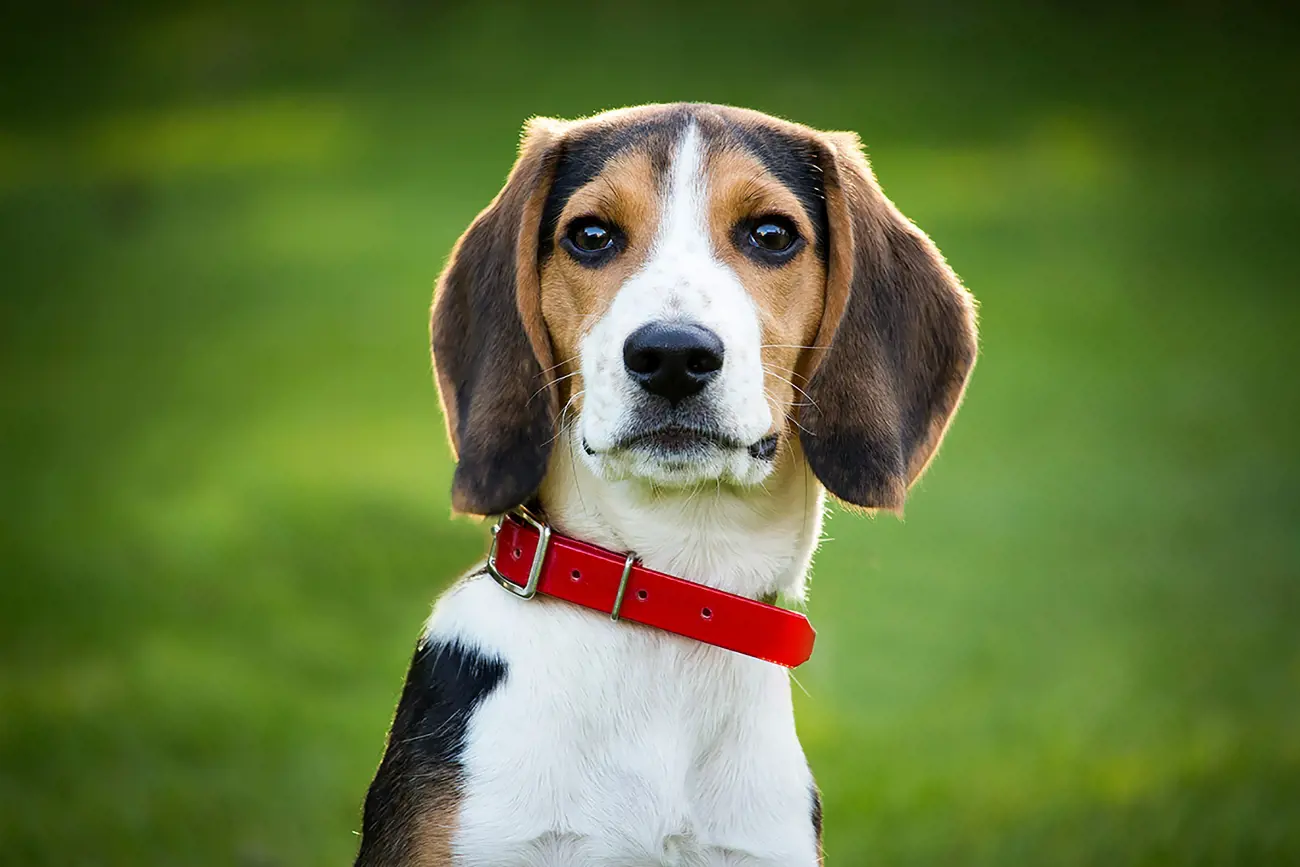Why is my dog panting so much?
16th September, 2020

If you've got a dog, you'll be used to seeing it panting when cooling down on a hot day or after a good run around.
This rapid, shallow breathing, usually coupled with a big lolling tongue, is a natural reaction to exercise, heat or excitement. But excessive or heavy panting could be a sign of illness.
So how do you know when to get veterinary advice?
In this article, we take a look at why dogs pant, what's normal and what's not, how you can help, and when it might be time to see the vet.
And with a dog insurance policy from Purely Pets, you'll know that you’ve got support to help you deal with any health concerns.
Why do dogs pant?
Unlike humans, dogs can’t sweat through their skin to cool down because of their thick fur. While they can sweat a little through their paw pads, it's not enough to regulate their temperature.
By panting, they circulate cool air through their bodies and evaporate water from the mouth and upper respiratory tract, which helps them to cool off after exercise or in hot weather.
Dogs may also pant when they are excited, scared, stressed or anxious. These are all normal behaviours and may be accompanied by whining, licking their lips, pacing or hiding.
However, if your dog is panting and restless, keeps on panting, is panting louder or heavier than normal, or is panting and shaking, it could be the first sign of something more serious.

Possible causes of heavy panting
Heat stroke
If dogs are too hot and are unable to reduce their body temperature by panting, they will develop heat stroke – a potentially fatal condition.
It's also worth remembering that some breeds with flat faces, like pugs and bulldogs, don’t pant as efficiently as other dogs, making them much more susceptible to overheating as they can’t cool themselves down quickly.
According to the RSPCA, you should ask yourself the following questions when trying to determine if your pup has heat stroke:
-
Is the dog panting heavily?
-
Is the dog drooling excessively?
-
Does the dog appear lethargic, drowsy or uncoordinated?
-
Is the dog collapsed or vomiting?
For the best chance of survival, dogs suffering from heatstroke urgently need to have their body temperature lowered, the charity says. It's important to do this gradually.
-
Move the dog to a shaded/cool area.
-
Immediately cover the dog with cool (not cold) water, to avoid shock. If possible, you can also use wet towels or place the dog in the breeze of a fan.
-
Allow the dog to sip small amounts of cool water.
-
Continue to douse the dog until its breathing starts to settle down but never so much that the dog begins to shiver.
Once the dog has cooled down, take it to the nearest vet as a matter of urgency.
Of course, the best way to manage heat stroke is to avoid it. Don't take your dog out in hot temperatures (in the middle of summer, walk your dog early or late in the day when it is cooler) and never leave your dog in a parked car.
Provide shade and water at home, and when you're out and about always take water for your dog to drink. Learn more about protecting and insuring your beloved pet through our dog insurance.

Allergic reaction or poisoning
Pets can occasionally have an allergic reaction to a new medication, Purina explains.
If it's experiencing an allergy to something, your dog may pant a lot and may also be lethargic or vomit.
Similarly, abnormal panting may be a sign that your dog has eaten something it shouldn't – such as chocolate, raisins or dangerous plants – or licked things like antifreeze, rat poison or slug and snail killer.
If you suspect an allergic reaction or poisoning, get veterinary help straight away.
Respiratory problems
Breathing difficulties can also be caused by disorders in any part of the respiratory system, such as pneumonia, laryngeal paralysis or lung tumours.
Pneumonia is inflammation of the lungs or lower respiratory tract and is primarily caused by an infection. Other symptoms may include fever, lethargy and coughing.
Additional symptoms of laryngeal paralysis include noisy breathing and coughing, while dogs with lung tumours may show other symptoms such as coughing, lethargy, and loss of interest in food or exercise.
Cushing’s disease
This syndrome occurs when a dog’s adrenal glands produce too much of a hormone called cortisol.
It mostly affects middle-aged and older dogs and other symptoms can include increased thirst and hunger, more frequent urination, thinning skin, loss of hair or slow hair growth, and lethargy.

Pain
Pets are very good at hiding when they are in pain. If your dog is panting due to pain, you might notice it at odd times such as at night when it should be resting.
Obesity
Dogs that are overweight may pant as they struggle to get fresh, oxygenated blood into their systems.
Obesity can also lead to arthritis, heart disease, cancer and diabetes, so talk to your vet about how to help your dog maintain a healthy weight.
Heart problems
Dogs with heart issues may pant more often. They may also cough and show a general weakness and tiredness.
When to contact your vet
Remember, panting is normal for dogs after exercise, when it’s hot, or when they are excited. But any unexplained change such as heavy panting, coughing or wheezing should be investigated.
In particular, you should call your vet if:
-
Your dog’s panting starts suddenly.
-
You think your dog may be in pain or poisoned.
-
The panting is constant and intense or your dog seems to be struggling to get its breath.
-
Your dog’s tongue or gums appear blue, purple, or white – a sign your pet isn’t getting enough oxygen.
Dog insurance can help ensure you won't be stuck with high vet bills if treatment is needed.

Dog insurance from Purely Pets
At Purely Pets we can help you find the right specialist dog insurance policy for your dogs needs, with cover for vets’ fees ranging from £1,000 to £15,000 per year.
We also offer a 24-Hour Vet Helpline, so you can get advice, reassurance or answers to your canine questions at any time.
And our online policy management portal gives you greater flexibility in managing your policy at a time that suits you.
Helpful Pages
Recent Posts

Why do Great Danes bury their heads?
12/03/25
Find out more about Beagles
28/02/25Pet Insurance Quote
- 98% claims paid *
- Claims paid directly to vets
- 24/7 vet video consultations
- Interest free monthly payments


